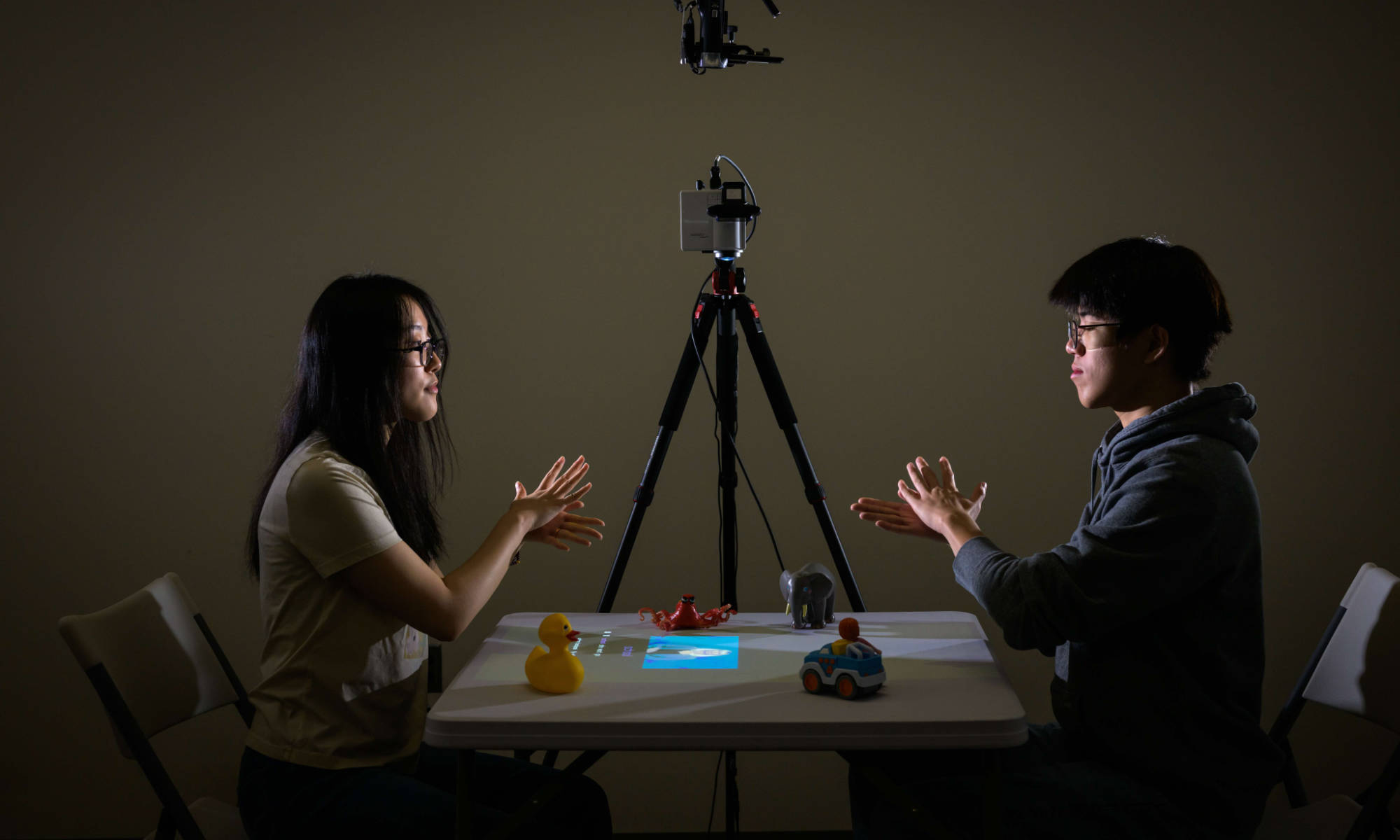
Zhen Bai: Using AI to advance child development and learning
Computer scientist Zhen Bai develops technology to help kids benefit from and learn about artificial intelligence.
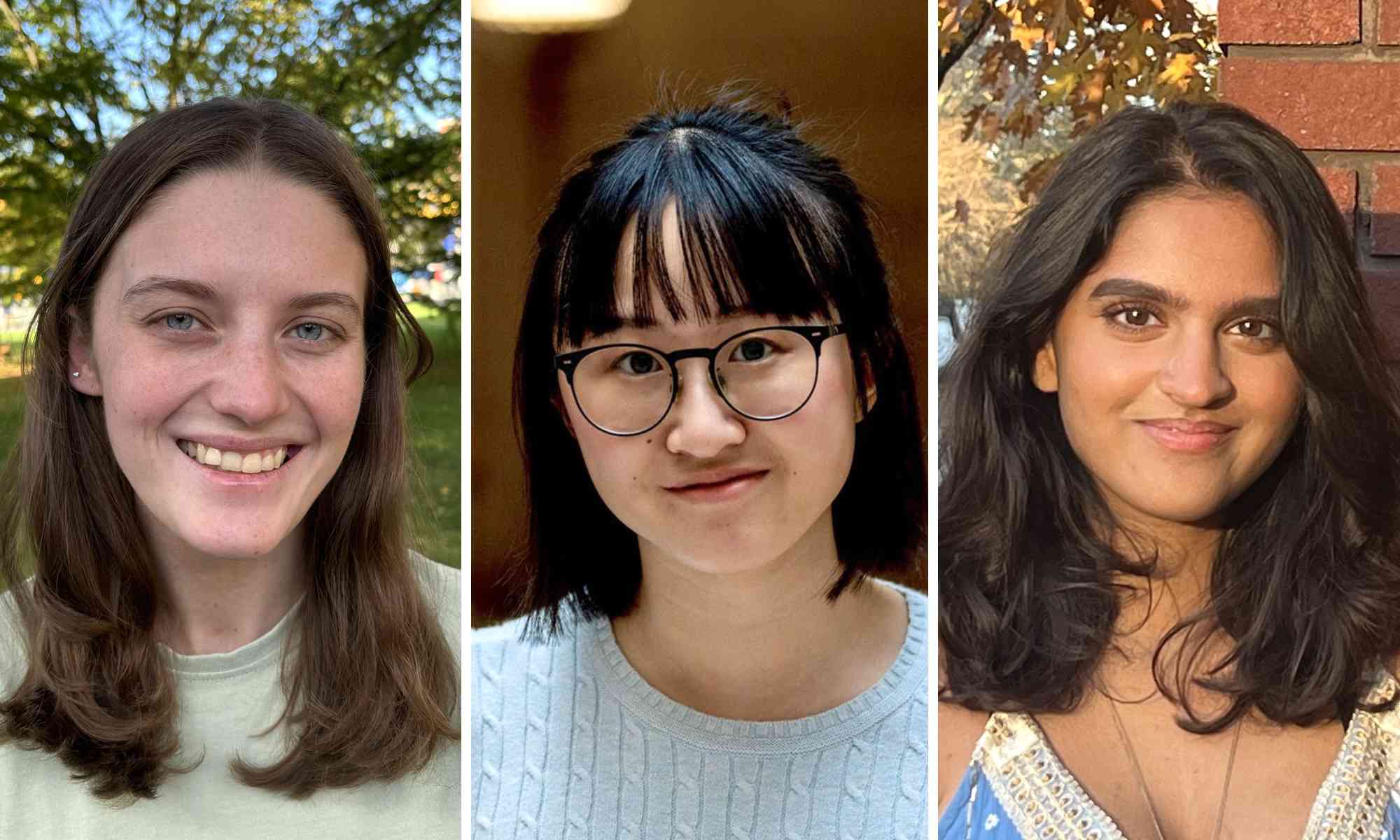
Undergraduates pair research with reporting, science with sign language, and programming with pondering
The Wells Prize honorees exemplify the best of the multidisciplinary educational opportunities available at Rochester.
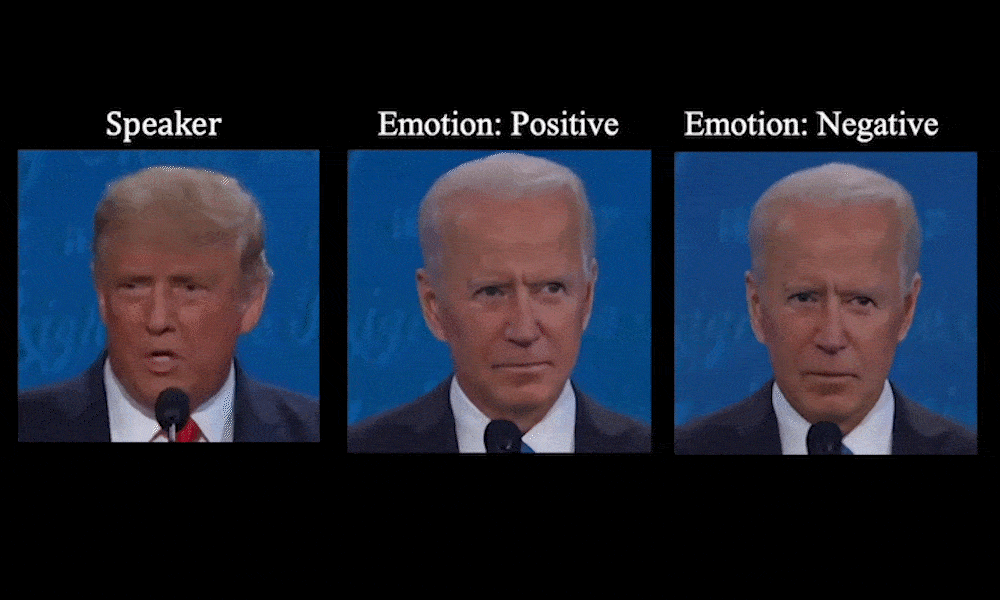
Are video deepfakes powerful enough to influence political discourse?
An expert in AI video generation discusses the technology’s rapid advances—and its current limitations.

How artificial intelligence is powering the fusion revolution
At the Laboratory for Laser Energetics, University of Rochester scientists harness AI to bring fusion research into sharper focus.
Back-to-school meets future-ready: New academic programs at Rochester
The range of recently launched degree programs reflects what students, the workforce, and the world need and want to become ever better.
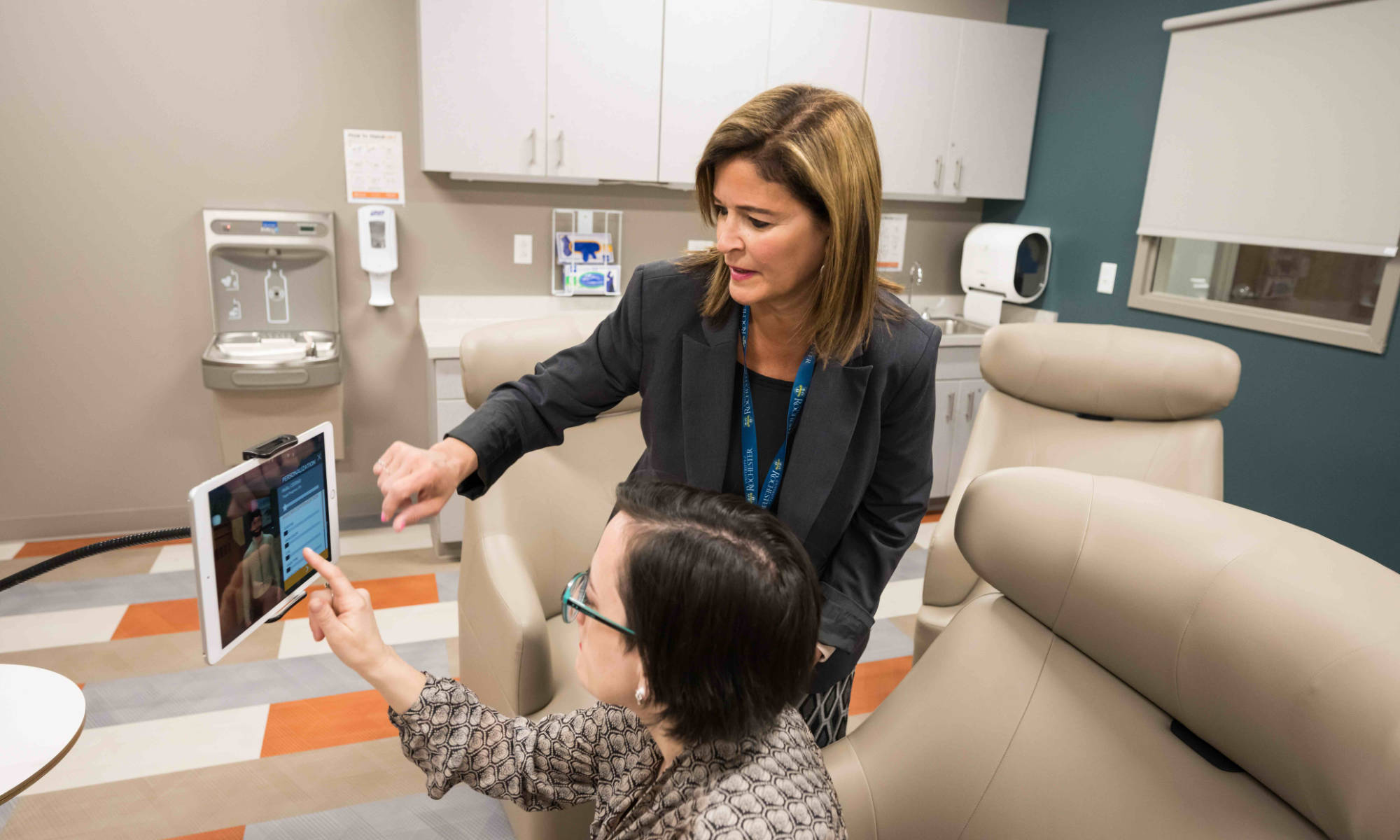
Caroline Easton: Integrating AI and compassion in addiction therapy
Family values lead to technological innovation for a Rochester professor who is transforming addiction psychiatry.
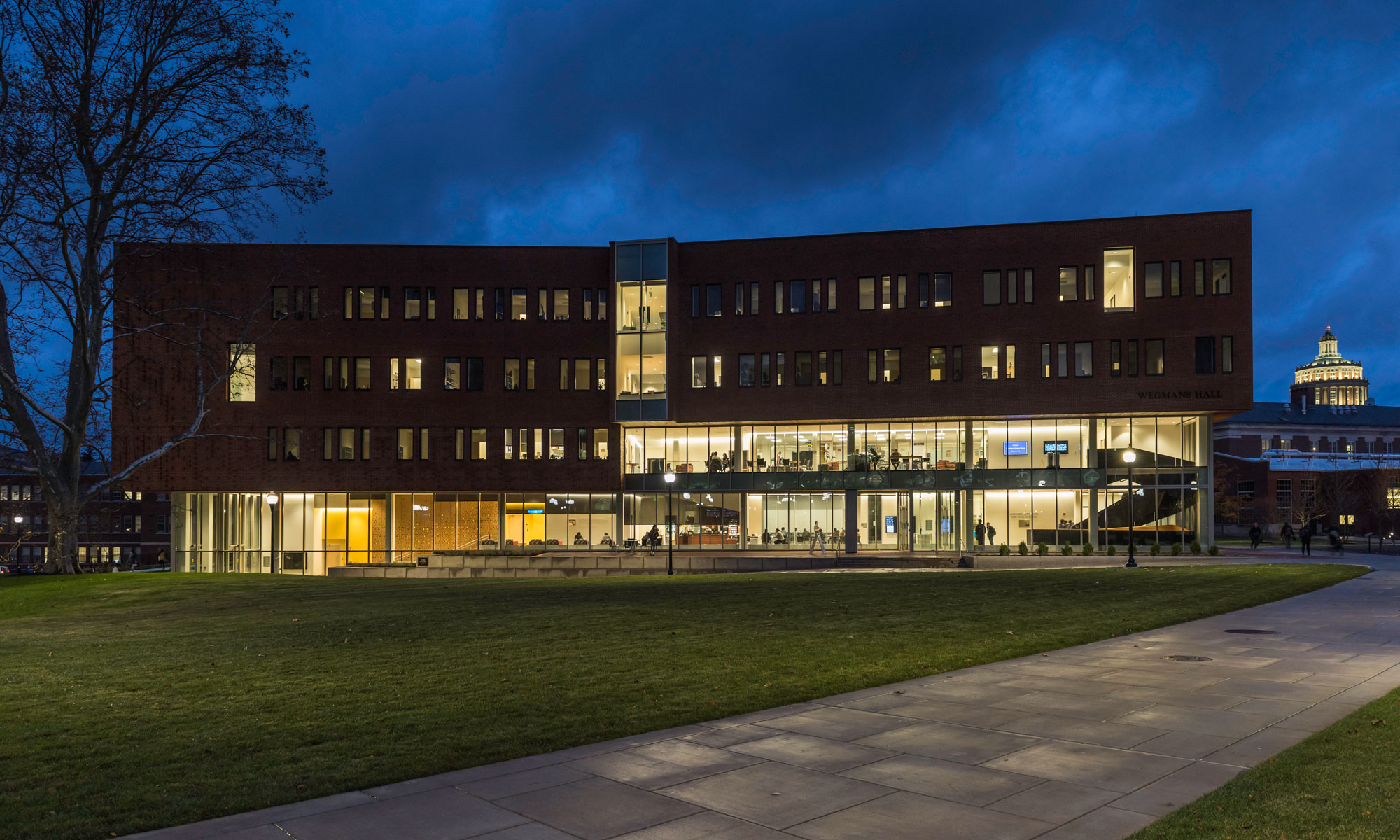
Bit by megabit
The Department of Computer Science at Rochester marks 50 years of revolutionary progress.
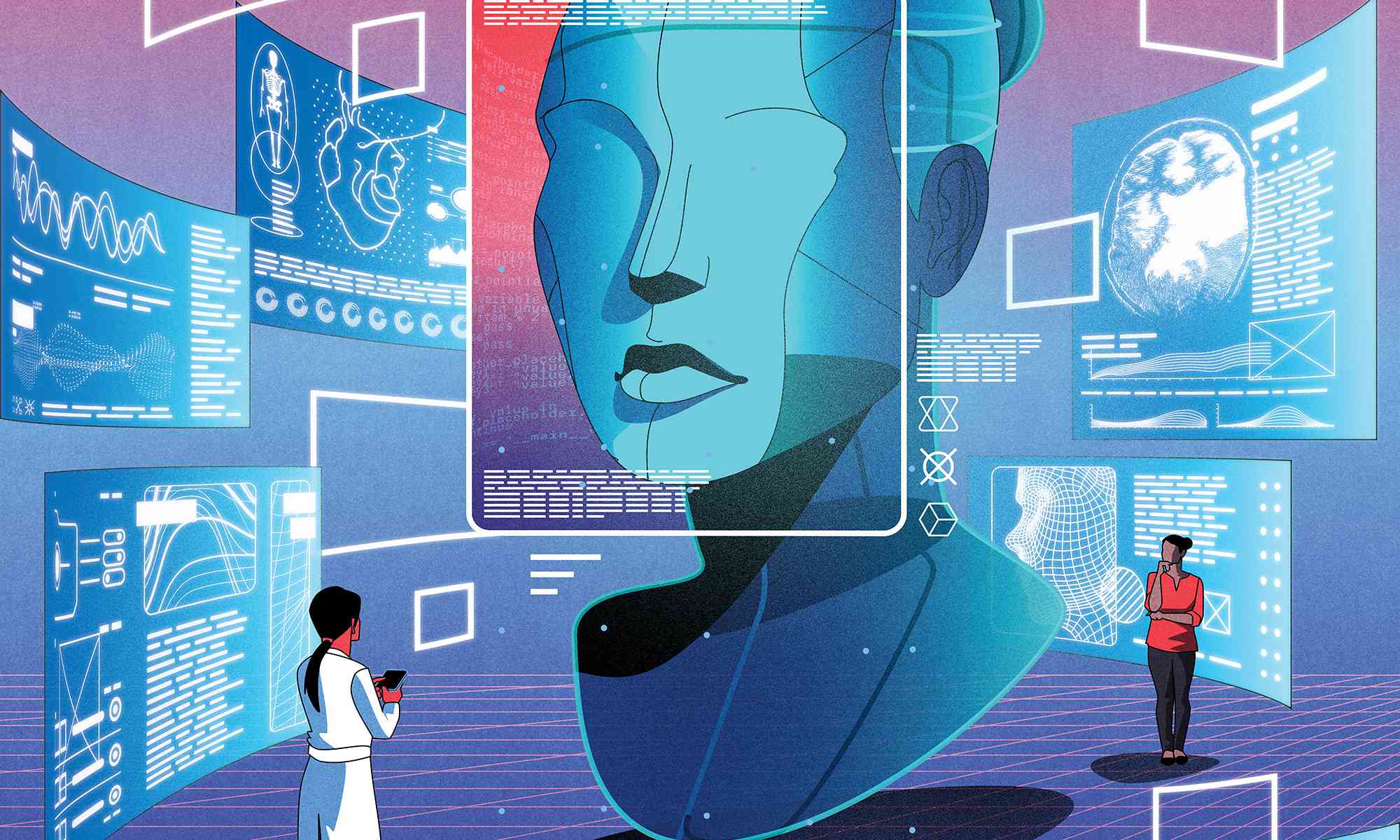
Doctors, patients, algorithms, and avatars
Clinicians, computer scientists, and ethicists are working across the University to incorporate reliable and ethical AI into medical diagnosis and treatment.
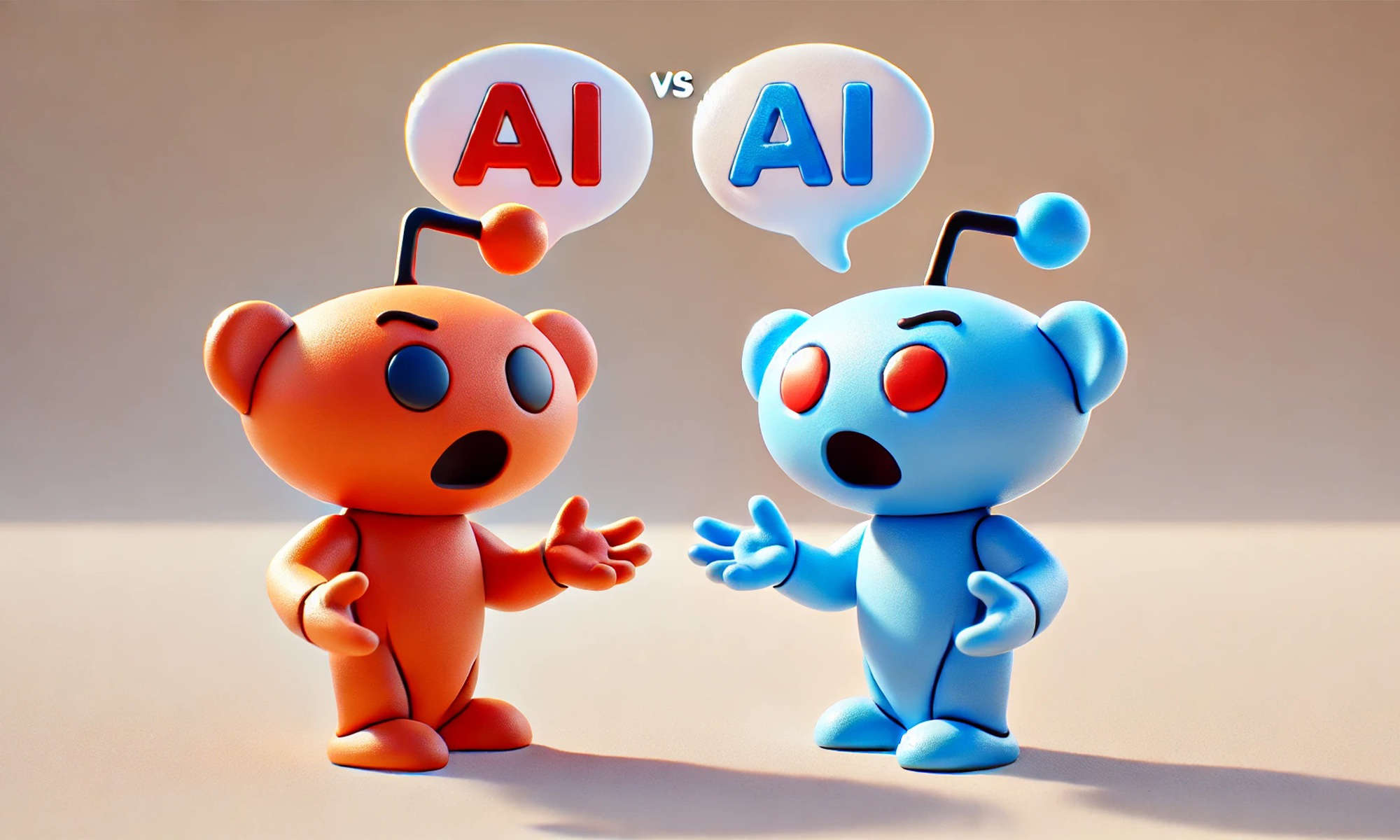
Who is more polarized about AI—the tech community or the general public?
An analysis of nearly 34,000 comments on Reddit provides new insights about perceptions of AI after ChatGPT’s launch.
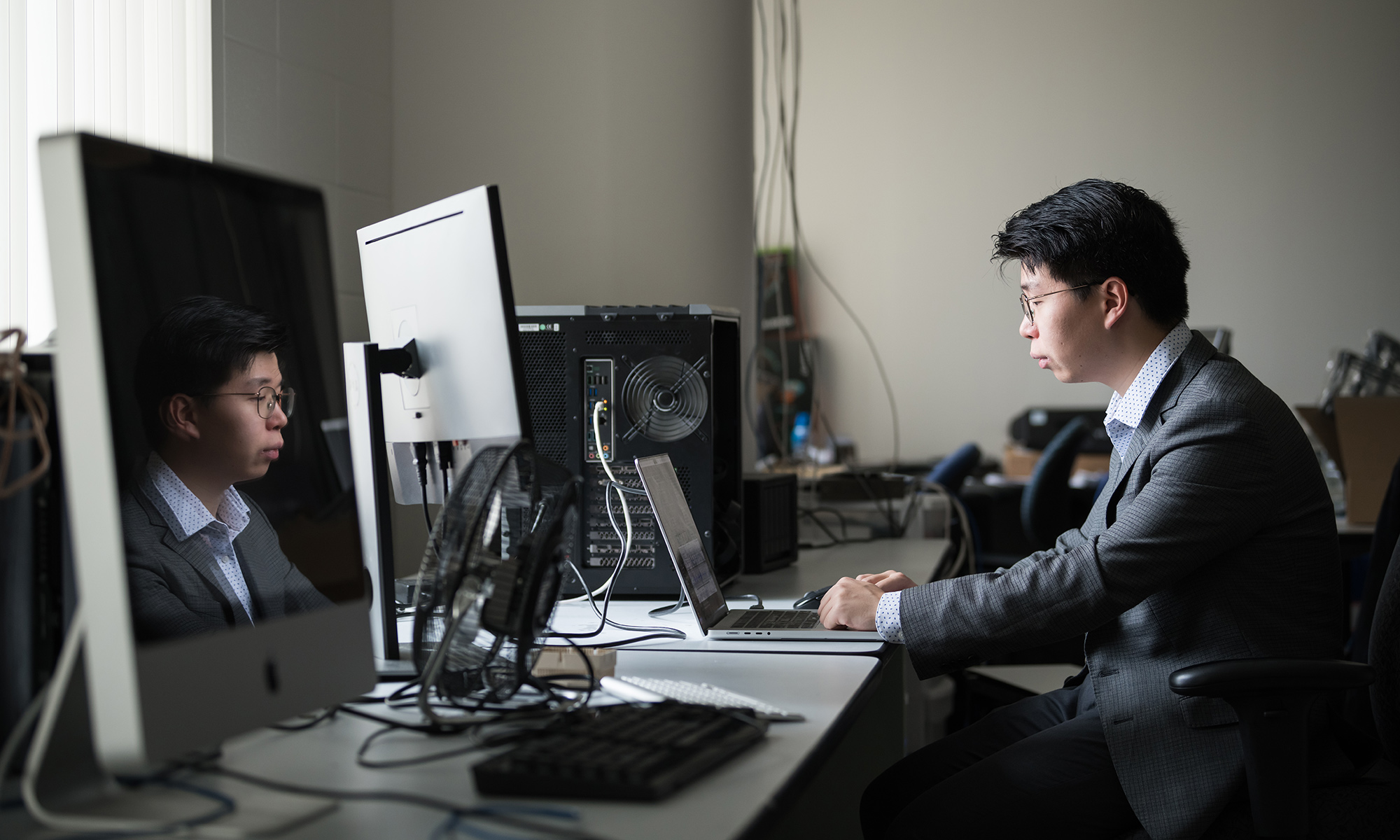
Audio deepfake detective developing new sleuthing techniques
A National Institute of Justice fellowship allows Rochester graduate student You “Neil” Zhang to develop novel defenses against deepfake scams.
